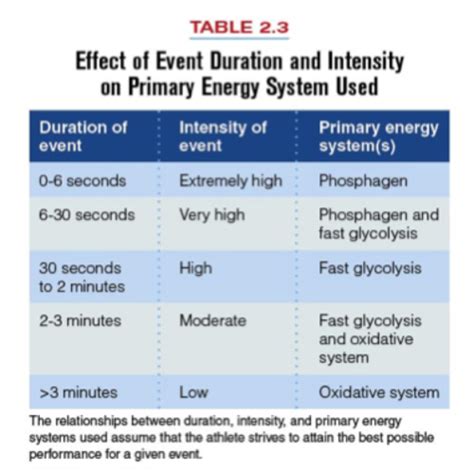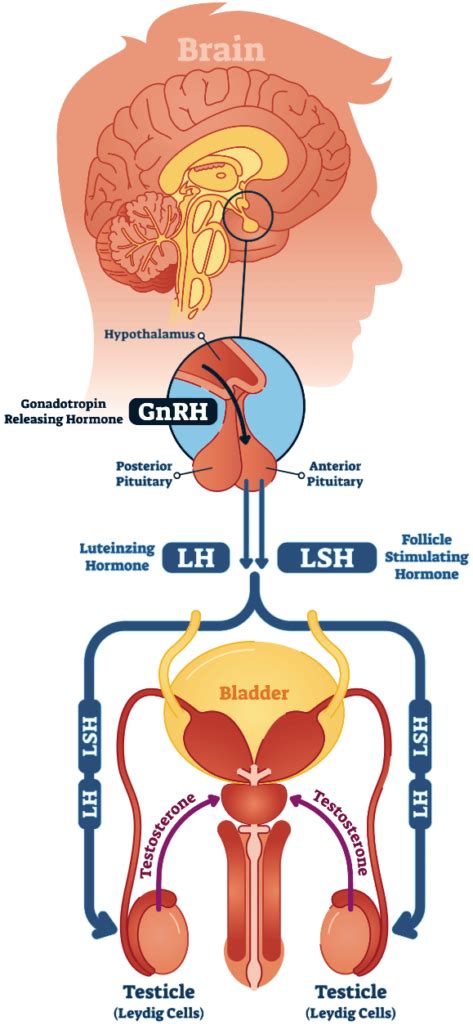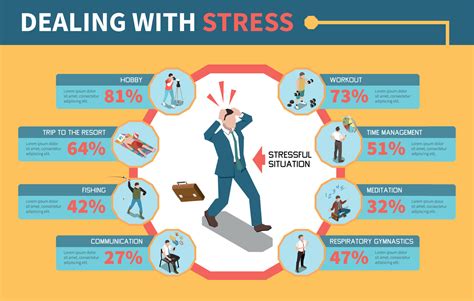How to optimize T-levels for peak male performance & sustained energy?

Testosterone, often hailed as the cornerstone of male vitality, plays a pivotal role far beyond just muscle mass and sex drive. Optimal testosterone levels are fundamental for peak cognitive function, mood regulation, bone density, and, crucially, sustained energy throughout the day. However, in today’s fast-paced world, many men face declining T-levels, leading to fatigue, reduced performance, and a general decline in well-being. The good news? Significant improvements can often be achieved through strategic lifestyle adjustments.
The Vital Role of Testosterone in Men’s Health
Testosterone is the primary male sex hormone, an androgen produced mainly in the testes. It’s essential for the development of male reproductive tissues and secondary sexual characteristics. Beyond these well-known functions, testosterone influences red blood cell production, fat distribution, and maintains muscle strength and mass. When levels are low (hypogonadism), men can experience a range of symptoms including chronic fatigue, decreased libido, erectile dysfunction, mood swings, difficulty concentrating, and increased body fat.
Optimizing these levels isn’t about chasing unnaturally high numbers, but rather bringing them into a healthy, functional range that supports all aspects of male health, leading to enhanced physical performance, mental clarity, and robust energy levels.

Pillars of Natural Testosterone Optimization
While medical interventions exist, the most sustainable and beneficial path to optimizing T-levels often lies in a holistic approach focusing on fundamental lifestyle choices.
1. Nutrition: Fueling Your Hormones
What you eat directly impacts your hormonal balance. A diet rich in whole foods is paramount:
- Healthy Fats: Cholesterol is a precursor to testosterone. Incorporate monounsaturated and saturated fats from sources like avocados, olive oil, nuts, seeds, and quality animal products. Avoid trans fats.
- Protein: Essential for muscle building and repair, protein ensures a steady supply of amino acids. Opt for lean meats, fish, eggs, dairy, and plant-based proteins.
- Micronutrients: Zinc and Vitamin D are critical. Zinc (found in oysters, red meat, pumpkin seeds) supports testosterone production, while Vitamin D (from sunlight exposure, fatty fish, fortified foods) acts as a steroid hormone itself, with strong links to T-levels.
- Limit Sugar & Processed Foods: These can lead to insulin resistance and inflammation, both detrimental to testosterone.

2. Exercise: Lift, Move, Thrive
Regular physical activity is a powerful testosterone booster:
- Strength Training: Compound movements like squats, deadlifts, bench presses, and rows that engage large muscle groups have been shown to significantly increase testosterone levels, especially in men over 30. Aim for 3-4 sessions per week.
- High-Intensity Interval Training (HIIT): Short bursts of intense exercise followed by brief recovery periods can also stimulate testosterone production.
- Avoid Overtraining: Chronic, excessive endurance training without adequate recovery can actually lower testosterone and increase cortisol (the stress hormone).

3. Sleep: The Ultimate Restorative Agent
Sleep deprivation is a silent killer of testosterone. The majority of your daily testosterone is produced during sleep, particularly during the deeper stages. Aim for 7-9 hours of high-quality sleep per night. Establish a consistent sleep schedule, create a dark, cool, and quiet bedroom environment, and limit screen time before bed.
4. Stress Management: Taming the Cortisol Beast
Chronic stress elevates cortisol levels, which has an inverse relationship with testosterone. When cortisol is high, testosterone tends to be low. Incorporate stress-reduction techniques into your daily routine:
- Meditation or mindfulness
- Yoga or deep breathing exercises
- Spending time in nature
- Engaging in hobbies or activities you enjoy
- Ensuring adequate social connection

Considering Supplements and Medical Approaches
While a strong foundation of lifestyle factors is crucial, certain supplements can offer support, and medical intervention might be necessary for some individuals.
- Vitamin D & Zinc: As mentioned, supplementing these if deficient can be beneficial. Always test levels first.
- Ashwagandha: This adaptogenic herb has shown promise in some studies for reducing stress and slightly increasing testosterone.
- D-Aspartic Acid: Some research suggests it may transiently boost T-levels, but long-term benefits are less clear.
Important Note: Always consult with a healthcare professional before starting any new supplement regimen, especially for hormone-related issues. For men with clinically low testosterone levels and persistent symptoms, Testosterone Replacement Therapy (TRT) might be an option. This is a medical decision that should only be made under the guidance of a qualified doctor, who can assess risks, benefits, and monitor progress.

Conclusion: A Holistic Path to Peak Performance
Optimizing testosterone levels for peak male performance and sustained energy is not about quick fixes; it’s about committing to a comprehensive, healthy lifestyle. By meticulously addressing your nutrition, prioritizing strength-based exercise, ensuring adequate restorative sleep, and effectively managing stress, you create an environment where your body can naturally produce and utilize testosterone efficiently. Embrace these foundational pillars, and you’ll not only support healthy T-levels but also unlock a cascade of benefits for your overall physical and mental well-being, leading to a more energetic, focused, and vibrant life.









